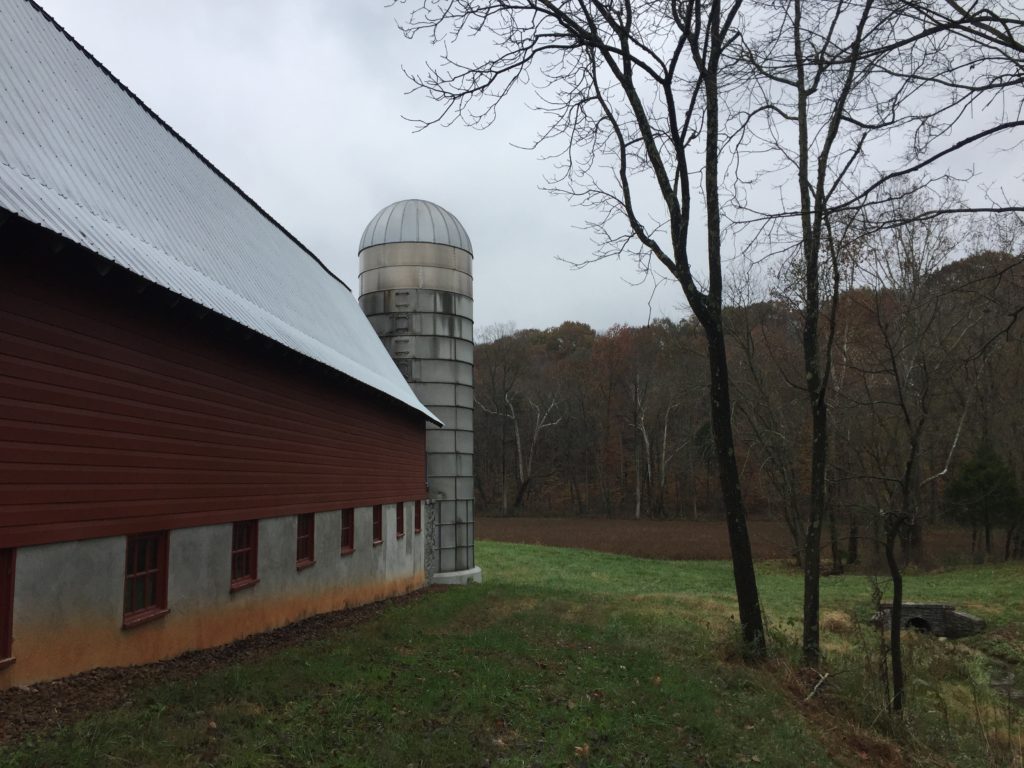I live in a place where one of the best lunches you can get is a bologna sandwich from Nelson Valley gas station. It’s not a fancy sandwich and it’s not a fancy place, but there is something about it that is good and honest and makes you feel like you are suddenly sitting snugly inside 1962.
Pretty often in the summer, it can take some time to get to Nelson Valley because cars get hung up behind a tractor on the road, creating an impromptu parade. I don’t ever really mind though, because it forces me to sit back and look at the day, wonder about the weather, and think about how the lady at the grocery said it was going to be a long winter because the wooly worms are black. No amber in sight.
If you live in this kind of a place, you’re lucky like I am — even though it doesn’t always feel like it. And if you live in this kind of a place, you have the material to write an exceptional personal statement.
TWO FACTS YOU NEED TO KNOW
Fact No. 1: Rural schools educate just 18 percent of the nation’s public school students, though 72 percent of the country’s land is designated as rural.
Fact No. 2: Colleges and universities want student populations that are diverse.
When it comes to college and graduate school apps, we tend to think of diversity as pertaining to race, ethnicity, gender, or socio-economic background. But schools want geographically-diverse students and their perspectives, too, because they, you, strengthen the fabric of the academic conversation.
The take-home message here? You’re special. In fact, 82 percent of students don’t know what it’s like to have the experiences you’ve had. They don’t have a Nelson Valley. And they haven’t eaten that bologna sandwich either. So, if you’re wondering and wondering and wondering what to write about, I have a suggestion for you: Write about your rural life.
Not only will you get to write about something that you know, your rural background may not be obvious in any other part of your application. That means you’ll get to showcase another essential side of yourself, which is exactly what a personal statement is for. Another advantage? Writing rural can make a beautiful piece of writing.
PULL YOUR STORY THROUGH A SMALL LENS
In order to pull off a compelling essay, it’s important that you do a few things. First off, no matter what your prompt is, make sure your lens is small. If your goal is to put us where you live, then make sure you don’t tell us about the whole town or county. Your bedroom in that town works. Your kitchen. In the gym bleachers where you watch basketball games. Beside a creek where you have a lot of growing-up history. In the Walmart parking lot. In Sonic or Sonny’s. In the spot beside the road where there is a cross and flowers.
Your lens is meant to help you enter your story. Most prompts are designed to make you write about what you learned, realized, solved, or tried to solve within a specific set of circumstances. So the place and scenario you choose should act as a springboard that leads to you revealing parts of yourself and showing how your mind works.
“RISE AT DAWN AND PICK DEW-WET RED BERRIES IN A CUP”
As you write, it’s important that you focus on what is unique to your experience. I would avoid too many images of hay lofts, horses and climbing fences, for example. Instead, look for the gritty, hauntingly beautiful, out-of-the-ordinary and very ordinary stuff. A dog running by with a deer leg in its mouth during hunting season (it, umm, happens). The gum you’re chewing. The winter remnants of your grandmother’s garden. And if you do write about a horse, do so in a way that shows your knowledge about him. I don’t want to know he’s glossy or colored like a chestnut. Tell me about what he’s thinking. And how you know it.
For example, one of my students wrote about how he worked on a ranch one year, and one of his jobs was to move the sprinkler lines in the fields on icy cold mornings. What made his beginning beautiful wasn’t the ice or the ranch or that it was morning. It was the sprinkler lines. They grounded the story in honesty, and that’s how you knew he was telling the truth. When you know the writer is being truthful with you, that’s when you know you’re reading exceptional writing.
RURAL DOESN’T HAVE TO MEAN AGRARIAN
As I write this, I’m thinking of the little apartment building I drove by today. I had to get some antibiotic foam at this medical supply store, and I took the wrong turn, so went all the way down Bogle Street to the end, which I’d never been down before. Well, Bogle Street is a pretty busy one because the town’s hospital backs onto it and, thus, many doctor’s offices do, too. But head a ways down the wrong end of Bogle and you’ll see that, very quickly, it becomes pleasantly windy and lined on either side with grassy fields dotted with brushy, woody pieces.
In the midst of it is this apartment building, sitting both in the middle of town and yet, somehow, in the middle of nowhere. And I thought to myself: “Man. I wonder what a personal statement from someone who lives there would be like. I bet it would be amazing.”
My point is: You don’t have to have a dad who’s a farmer to write about your rural life. You don’t need a tractor, a horse or a meemaw who cooks the best fried green tomatoes and lets them dry on newspaper. What you’re after is your take in your place. And how your place has created your take. You’re after that bologna sandwich from Nelson Valley.

